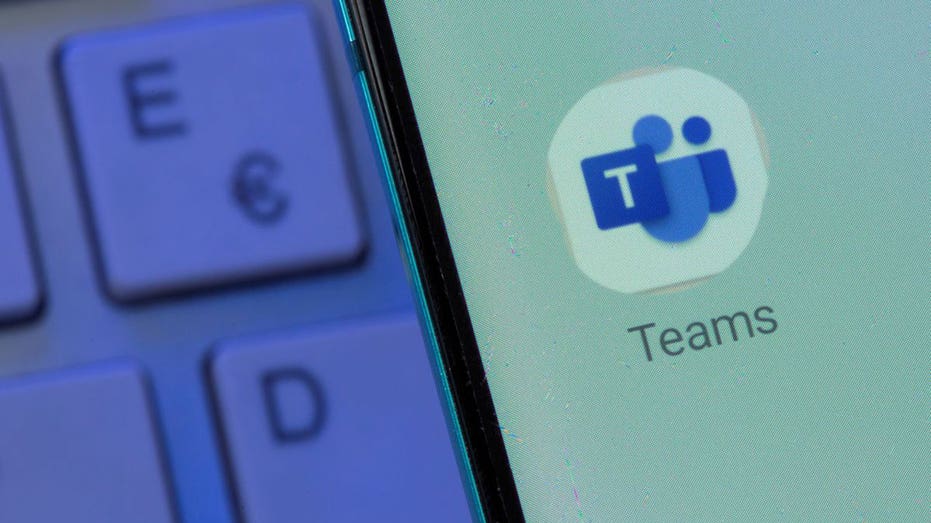Microsoft admits June service disruptions to OneDrive, Outlook cyberattacks from mysterious hacker group
Outlook is Microsoft's most popular software, with somewhere around 400 million active users worldwide
We are seeing an artificial intelligence battle between Microsoft and Google: Beth Kindig
I/O Fund CEO and lead tech analyst Beth Kindig provides insight on stock performance and the development of AI on 'Making Money.'
Microsoft confirmed this week that the June 5 attacks on their service platforms were perpetrated by a shadowy new startup hacker group called Anonymous Sudan.
THINGS GO FROM BAD TO WORSE FOR DISNEY AFTER LATEST SHAKEUP
In an announcement via Twitter, Microsoft disclosed that there were close to 18,000 outages in their Outlook, OneDrive, Teams, and SharePoint software services.
The shadowy new group, with possible ties to Russia, claimed responsibility for the attacks via Telegram through a spokeswoman.
Microsoft has since released in a blog post that Anonymous Sudan likely used a virtual private network or VPN as well as rented cloud space to orchestrate the attacks.

FILE - The Microsoft company logo is displayed at their offices in Sydney, Australia, on Feb. 3, 2021. Microsoft says the early June 2023 disruptions to its Microsoft’s flagship office suite — including the Outlook email and OneDrive file-sharing app (AP Photo/Rick Rycroft / AP Newsroom)
The company also added in the same post the hackers involved seem to be focused on "disruption and publicity," and that there is "no evidence that customer data has been accessed or compromised."
POPULAR KITCHEN APPLIANCE AND COOKWARE COMPANY GOING BANKRUPT
While DDoS attacks usually focus on bombarding servers with traffic until sites and services are virtually unusable, it remains unclear if that is what happened on June 5.

Microsoft Teams app is seen on the smartphone placed on the keyboard in this illustration taken, July 26, 2021. REUTERS/Dado Ruvic/Illustration (REUTERS/Dado Ruvic/Illustration / Reuters Photos)
Microsoft has been cryptic in the details offered to the public on the exact nature of the Anonymous Sudan attacks.
The company has designated the group that calls itself Anonymous Sudan as "Storm-1359," using a naming system which establishes hackers with unknown affiliation.

Fictitious html pages and hacker programs are shown on screens while a man has his hands on the keyboard (zoom effect by turning the lens) Photo: Annette Riedl/dpa (Photo by Annette Riedl/picture alliance via Getty Images) (Photo by Annette Riedl/picture alliance via Getty Images / Getty Images)
Microsoft recommends that their users try layer seven protection services like Azure to avoid DDoS service disruptions like those of Anonymous Sudan moving forward.
CLICK HERE TO GET FOX BUSINESS ON THE GO
The full consequences of Microsoft's June 5 service disruptions are yet to be completely uncovered.
The Associated Press contributed to this report.




















